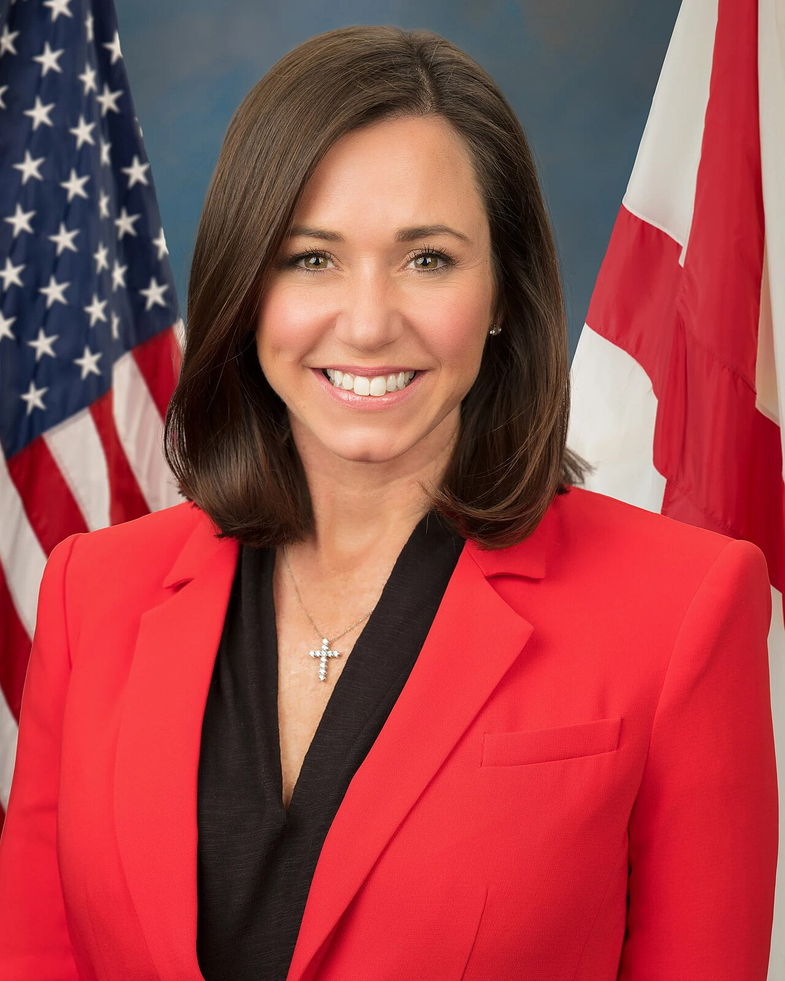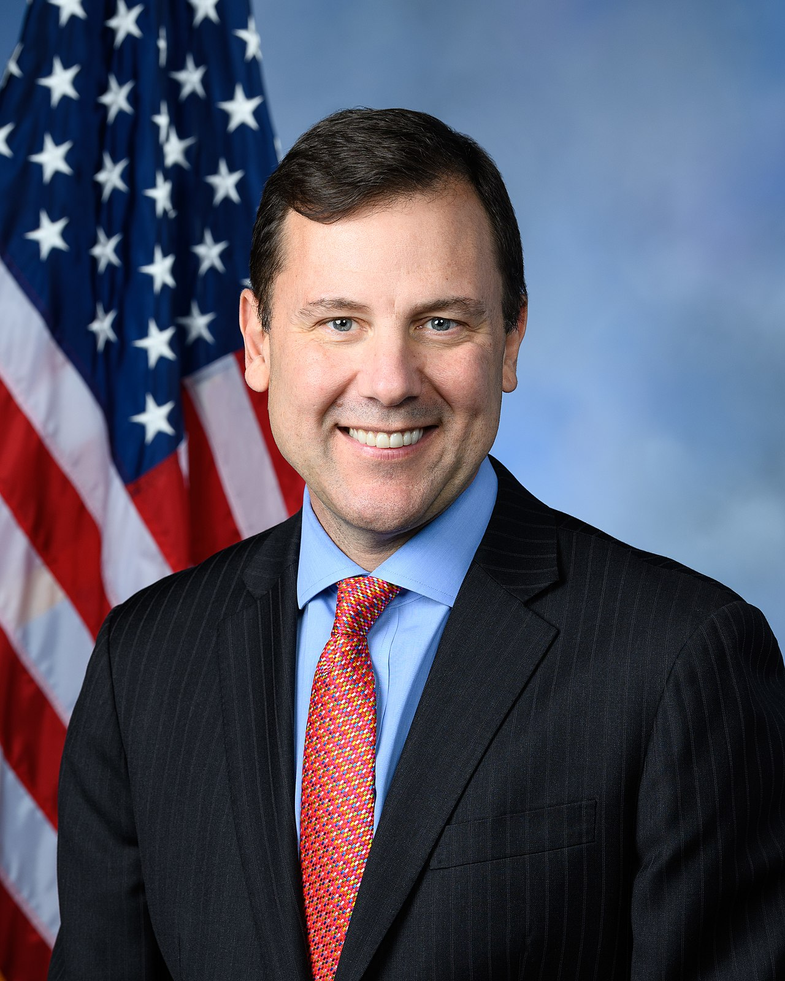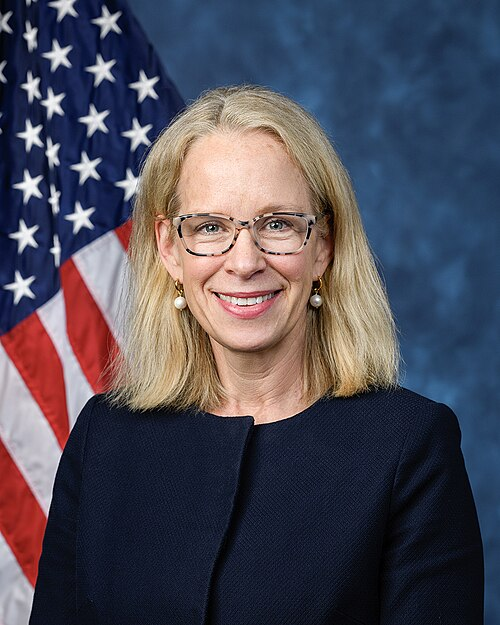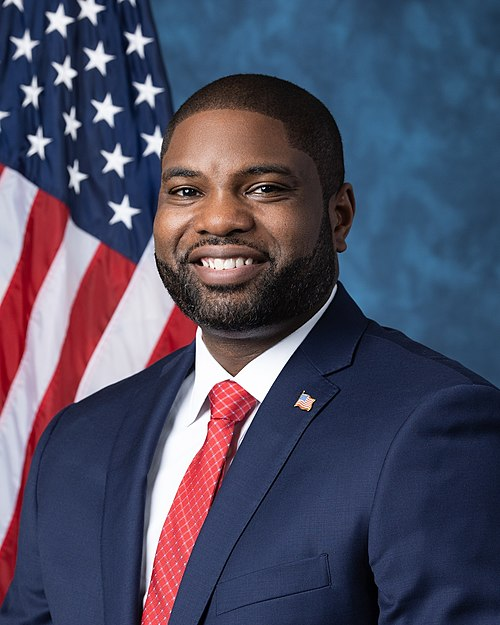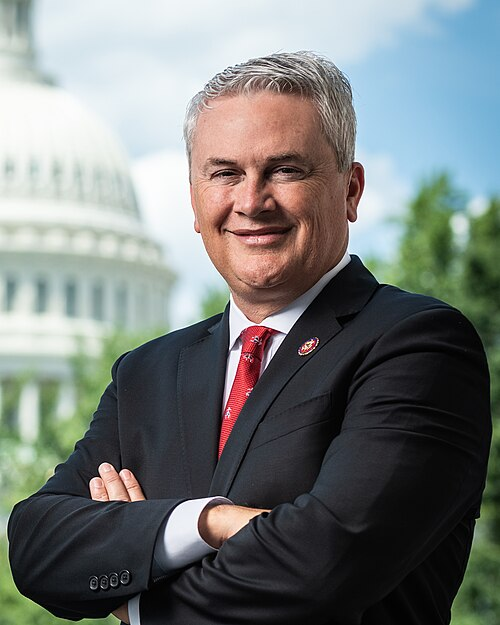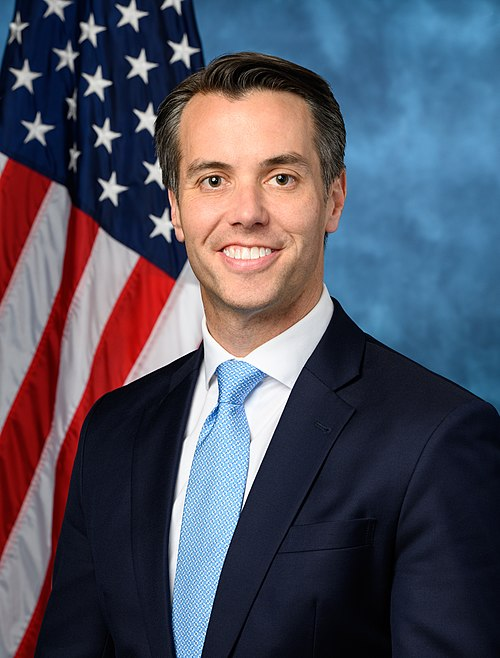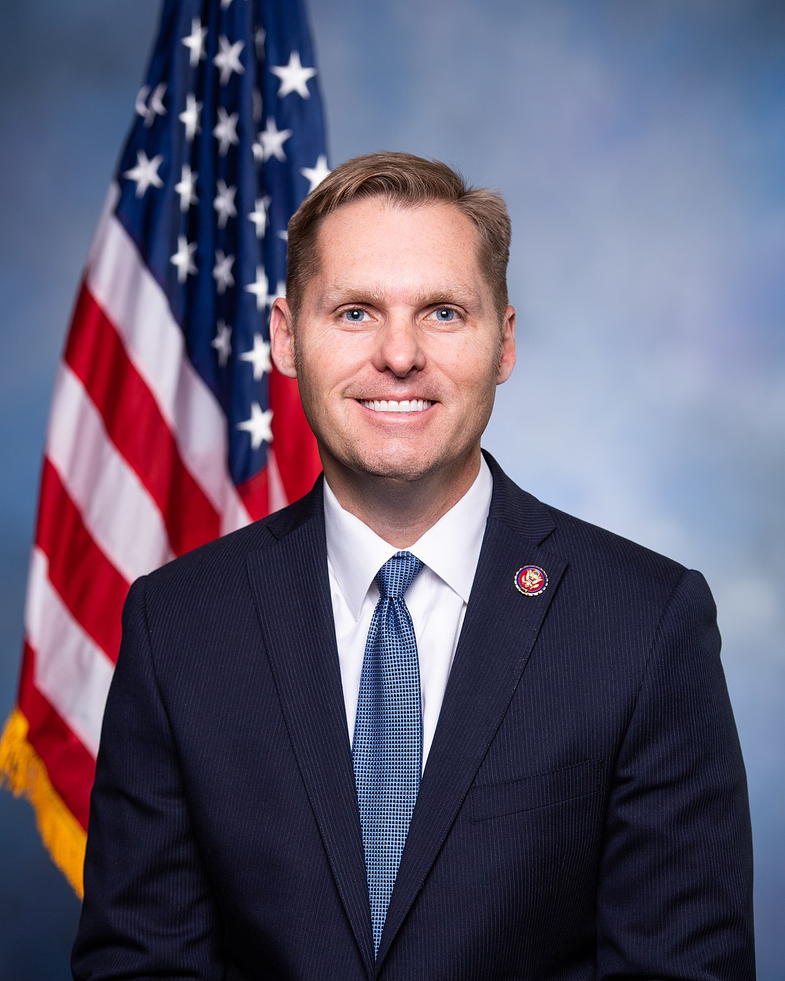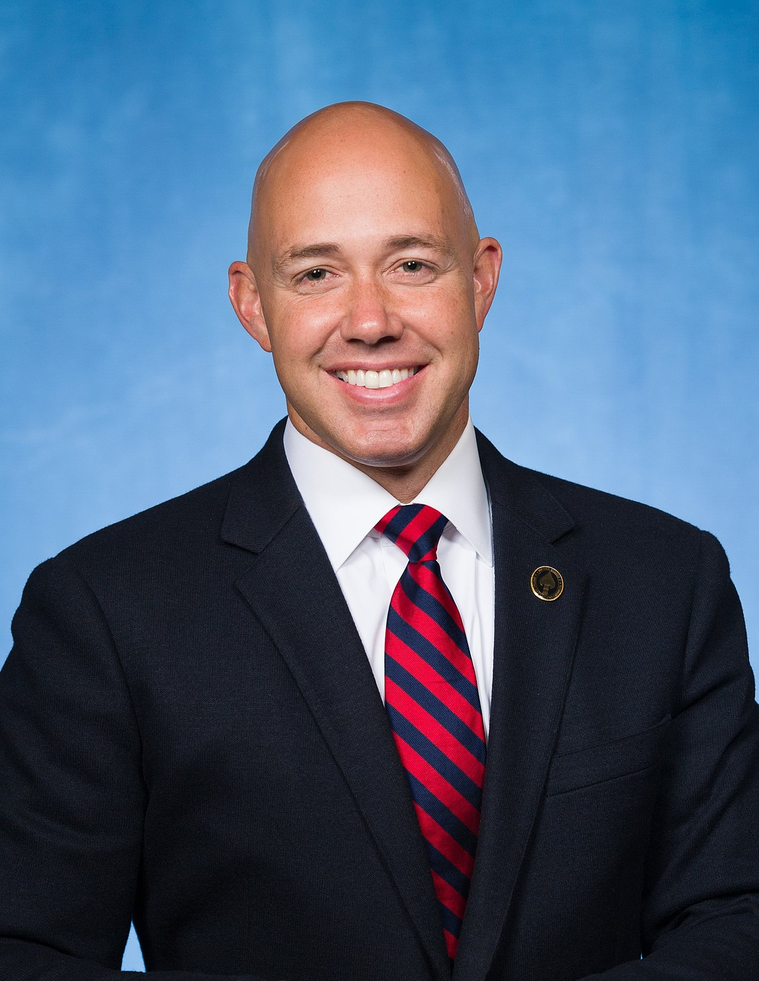H.R. 1768: Lower Costs for Everyday Americans Act
The "Lower Costs for Everyday Americans Act" proposes a series of initiatives aimed at reducing costs for American citizens across various sectors, including recycling, healthcare, and telecommunications. Below is a summary of the key components of the bill:
Recycling Initiatives
The bill mandates federal agencies to report on recycling and composting efforts and create strategies aimed at improving recycling programs. To support these initiatives, it allocates $30 million annually for a pilot grant program starting in 2025 to enhance recycling accessibility in underserved communities.
Supply Chain and Critical Industries
To strengthen U.S. supply chains, the bill requires the identification of system vulnerabilities and encourages collaboration among government, industry, and academia. It establishes a Working Group to support a national strategy for resilience and mandates regular reports on supply chain activities.
Blockchain Technology and Tokenization
The bill addresses the use of blockchain technology, establishing rules for interaction between private entities and the government. It outlines a consultation process aimed at ensuring stakeholder interests are represented in the implementation of these technologies.
Rural Broadband Protection Act
Amending the Communications Act, this section introduces a vetting process for high-cost universal service fund applications to ensure that only qualified applicants receive funding for broadband deployment. It also includes penalties for any pre-authorization defaults.
Ticket Sales Regulations
New rules will govern advertising practices related to ticket sales, setting requirements for transparent pricing, prohibiting speculative ticketing, and establishing refund mandates for canceled or postponed events. A report on enforcement will be required to be submitted to Congress.
Telecommunications Management
The Associate Administrator of the National Telecommunications and Information Administration (NTIA) will oversee spectrum allocations and telecommunications policies, coordinating with international entities and appointing advisory committees for improved governance.
Social Security Act Compliance
The bill stipulates that states will not be penalized for non-compliance with certain Social Security Act provisions until January 1, 2026. It clarifies that eligible juveniles in federal custody are exempt from specific Medicaid and CHIP rules, requiring states to submit interim compliance plans by mid-2025.
Healthcare Services Regulations
The Secretary of Health and Human Services will have the authority to implement amendments related to telehealth and other healthcare services without following standard procedures. This includes extended payment provisions for telehealth services, especially for low-income programs.
Medication Management and Training
By January 1, 2026, healthcare providers will need to be educated about medication-induced movement disorders. The bill also mandates an assessment of wearable medical devices for decision-making processes and extends deadlines for drug coverage in Medicare.
Pharmacy Compliance
Beginning in 2028, pharmacies can report contract violations against Prescription Drug Plan sponsors. The Secretary will investigate such claims and impose penalties for breaches, alongside anti-retaliation protections for pharmacies making reports.
Unique Health Identifiers and Payment Regulations
The bill requires unique health identifiers for outpatient departments to receive Medicare payments after 2026 and establishes a review process for health program funding. There will also be extensions and evaluations of certain health initiatives through 2030 and beyond.
Funding for Health Programs
Significant funding is allocated for various health-related initiatives through fiscal years 2024-2029, focusing on suicide prevention, opioid recovery, and workforce development, while stressing the importance of cybersecurity for these programs.
Controlled Substances and Public Health
Changes are made to the training requirements for prescribers of controlled substances, with extended temporary orders on fentanyl-related substances. The bill enhances capabilities for public health responses, especially regarding infectious diseases and drug compliance evaluations.
Testing Capacity for Infectious Diseases
The bill aims to improve testing for infectious diseases by focusing on innovative technologies and stakeholder collaboration. It addresses vulnerabilities in medical supply chains and capacity for rapid development of diagnostic tests.
Traumatic Brain Injury Definition and Reporting
The bill defines "traumatic brain injury" for regulatory purposes, establishes reporting obligations for high-risk populations, and emphasizes the need for research on long-term symptoms and data collection gaps related to such injuries.
Transparency in Pharmacy Benefit Management
The bill imposes new rules requiring pharmacy benefit management services to disclose comprehensive reports on drug spending and ensure transparency regarding costs, rebates, and pricing structures. Reports will need to be submitted to group health plans to uphold accountability.
Pharmaceutical Reporting Requirements
Group health plans will need to report on drug pricing and financial information related to pharmaceuticals shared with participants, promoting transparency and ensuring compliance with privacy regulations.
Telehealth Deductible Provisions
The bill extends the telehealth deductible safe harbor provisions to January 1, 2027, helping facilitate access to telehealth services for patients.
Relevant Companies
- TGT (Target Corporation) - Potential impacts from new consumer protection regulations in ticket sales and overall health-related metrics reporting.
- WBA (Walgreens Boots Alliance) - Could be affected by changes in pharmacy compliance and Medicare payment structures.
- AMZN (Amazon.com, Inc.) - May see impacts related to supply chain improvements and healthcare service provisions.
This is an AI-generated summary of the bill text. There may be mistakes.
Sponsors
1 sponsor
Actions
2 actions
| Date | Action |
|---|---|
| Mar. 03, 2025 | Introduced in House |
| Mar. 03, 2025 | Referred to the Committee on Energy and Commerce, and in addition to the Committees on Ways and Means, the Budget, the Judiciary, and Education and Workforce, for a period to be subsequently determined by the Speaker, in each case for consideration of such provisions as fall within the jurisdiction of the committee concerned. |
Corporate Lobbying
0 companies lobbying
None found.
* Note that there can be significant delays in lobbying disclosures, and our data may be incomplete.









